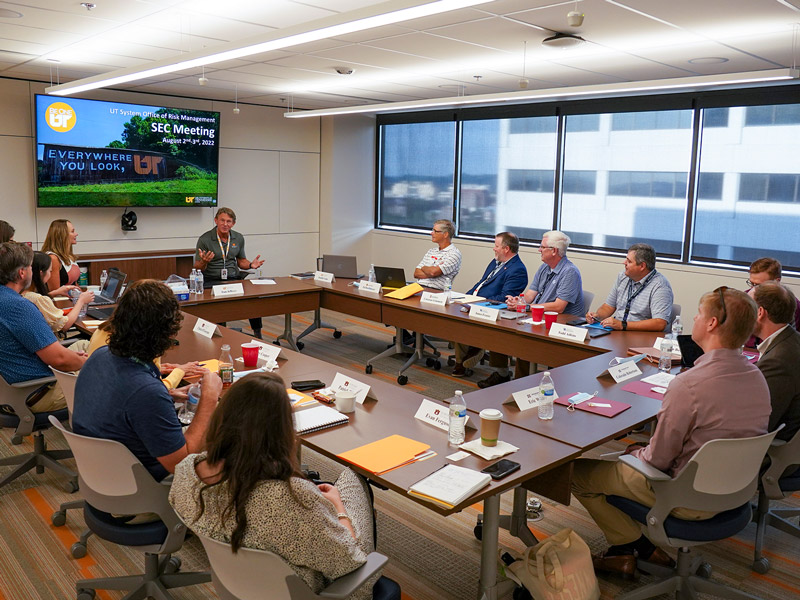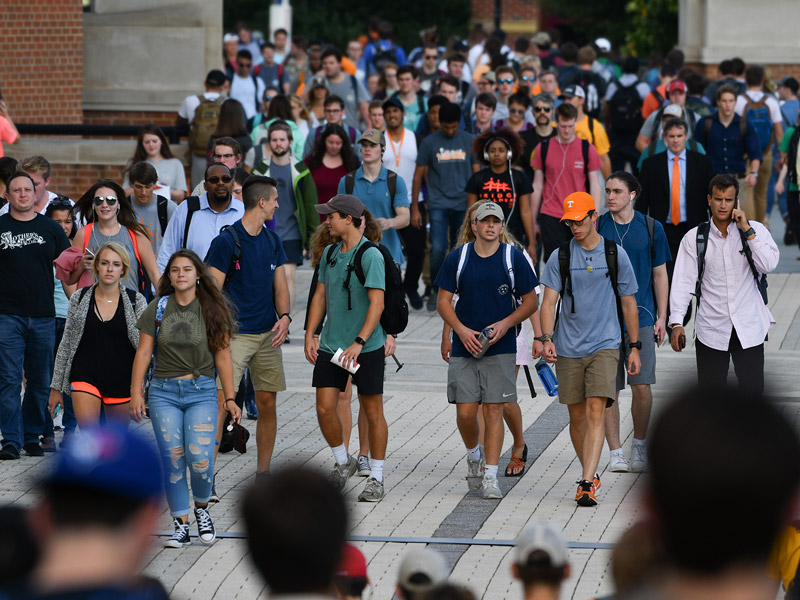Transparent UT
This page offers some of the most frequently requested information by our constituencies. By openly sharing information about governance, finances, policies and impact, UT works towards fostering trust, accountability and informed decision-making among students, employees and Tennessee communities. Transparency ensures that stakeholders understand how our resources are allocated, how decisions are made and how UT contributes to the state’s success.

Latest Updates
July 1, 2025 – Uploaded the 2025 Campus Climate Survey Results
Essential Resources
Mission and Strategy

Board of Trustees


Frequently Requested Information
Academic Affairs and Student Success
Contracts and Salaries
Emergency Management
Financial Information
Title IX and Campus Climate
Additional Topics
Campus-Specific Resources
UT Knoxville Resources
- UT Knoxville Fast Facts
- UT Knoxville Campus Master Plan
- UT Knoxville Annual Security and Fire Safety Reports
- UT Knoxville Crime and Safety Information
- UT Knoxville Campus Map
UT Institute of Agriculture:
UT Space Institute:
UT Chattanooga Resources
UT Southern Resources
UT Martin Resources
Transparency Archive

Looking for Something Else?
If you are seeking specific information about the UT System, reach out to our media team, consider submitting a public records request or submit a suggestion for information you would like to see on this page.
The Transparency Advisory Group
- Charles Primm, UT System, Public Records Manager (Chair)
- Scott Barker, Compass Knox
- Tiffany Carpenter, UT System, Vice President of Communications and Marketing
- Joel Christopher, Knox News, Executive Editor
- Annie Freeland Fishel, UT System, Senior Director of Policy and Advocacy
- Bud Grimes, UT Martin, Vice Chancellor of Communications and Marketing
- Shauna Jennings, UT System, Office of General Counsel
- Peggy Reisser, UT Health Science Center, Strategic Communications Manager
- Aimee Rose, UT Southern, Vice Chancellor, Strategic Communications and Marketing
- Matthew Scoggins, UT Knoxville, Chief of Staff
- Sean Walker, UT Martin, University Faculty Council Chair
- Chuck Wasserstrom, UT Chattanooga, Director of Communications